Unlocking the Answers: Key Questions to Ask When Ordering Methyl Hydroxyethyl Cellulose for Cement Mortar
Jul. 09, 2024
Methyl Hydroxyethyl Cellulose, or MHEC, is a versatile polymer that is widely used in the construction industry for cement mortar. It is an essential ingredient that plays a crucial role in imparting the desired properties to the cement mortar, such as workability, water retention, and consistency. However, ordering MHEC for cement mortar can be a daunting task, especially for those who are new to the industry. To help you navigate the process, we have compiled a list of key questions that you should ask when placing your order.
1. What is the viscosity specification of the MHEC?
Viscosity is one of the most critical parameters that determine the performance of MHEC in cement mortar. It is a measure of the resistance of the solution to flow. The viscosity of MHEC can be adjusted by varying the degree of substitution, the molecular weight, and the concentration of the polymer in the solution. It is essential to know the viscosity specification of the MHEC because it affects the workability, water retention, and consistency of the cement mortar. The higher the viscosity of the MHEC, the better the water retention and workability of the mortar.
2. What is the degree of substitution of the MHEC?
The degree of substitution (DS) of MHEC refers to the number of hydroxyethyl groups that are attached to each glucose unit of the cellulose backbone. It is an important parameter that determines the solubility, viscoelasticity, and rheological properties of the MHEC solution. The higher the degree of substitution, the higher the solubility, and the lower the viscosity of the MHEC solution. The DS of MHEC can range from 1 to 3. It is essential to choose the appropriate degree of substitution based on the requirements of the cement mortar.
3. What is the molecular weight of the MHEC?
The molecular weight of the MHEC is another critical parameter that determines its performance in cement mortar. It affects the viscosity, tensile strength, and adhesion properties of the MHEC solution. The higher the molecular weight, the higher the viscosity, and the better the tensile strength and adhesion properties of the MHEC solution. The molecular weight of MHEC can range from 50,000 to 1,000,000 daltons. It is crucial to choose the appropriate molecular weight based on the requirements of the cement mortar.
4. What is the concentration of the MHEC solution?
Additional reading:Acrylic Polymers
Understanding Pharmaceutical Grade Titanium Dioxide: Uses and Benefits Explained
Washed Kaolin: Benefits, Uses, and FAQs Answered!
Is Titanium Dioxide Powder the Future of Sunscreens?
Benefits of Bulk Nano Barium Sulphate Powder
Exploring R-298 Rutile Titanium Dioxide's Benefits
How Can Non-Explosive Demolition Powder Enhance Safety and Efficiency?
The concentration of the MHEC solution is another important parameter that affects its performance in cement mortar. It determines the amount of MHEC that is added to the mortar and affects the workability, consistency, and water retention of the mortar. The concentration of the MHEC solution can range from 1 to 5%. It is essential to choose the appropriate concentration based on the requirements of the cement mortar.
5. What is the pH of the MHEC solution?
The pH of the MHEC solution is another important parameter that affects its performance in cement mortar. It determines the solubility, stability, and compatibility of the MHEC solution with other additives and chemicals that are added to the mortar. The pH of the MHEC solution should be neutral or slightly alkaline (pH 7-9) to ensure maximum stability and compatibility with the cement mortar.
6. What are the packaging and storage requirements of the MHEC?
The packaging and storage requirements of the MHEC are important to ensure the quality and stability of the product. MHEC is typically supplied in powder form and needs to be stored in a cool, dry place to prevent moisture absorption and degradation. The packaging should be airtight and moisture-proof to prevent exposure to air and humidity.
In conclusion, ordering MHEC for cement mortar can be a complex process, but by asking the right questions, you can ensure that you receive a product that meets your requirements. It is essential to communicate your specific needs and requirements to the supplier to ensure that you receive a product that performs optimally in your cement mortar application. By paying attention to parameters such as viscosity, degree of substitution, molecular weight, concentration, pH, packaging, and storage, you can ensure that your cement mortar performs well, is easy to work with, and offers excellent durability and strength.
Contact us to discuss your requirements of methyl hydroxyethyl cellulose for cement mortar, hpmc industrial grade, HPMC for Paint. Our experienced sales team can help you identify the options that best suit your needs.
Additional reading:How Does Chuanggyilian Titanium Dioxide Compare?
How to Find the Best Prices for Concrete Demolition Powder
What Makes R-298 Titanium Dioxide Ideal for Coatings?
Discover How Titanium Dioxide Anatase Benefits Your Health
How to Buy Titanium Dioxide Enamel Grade Efficiently?
What are the benefits of using natural calcium carbonate?
10 Questions You Should Know about Calcium Formate in ...
66
0
0
Related Articles


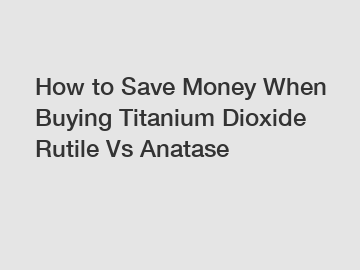
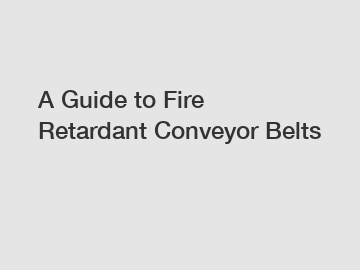
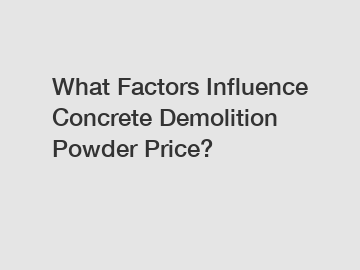
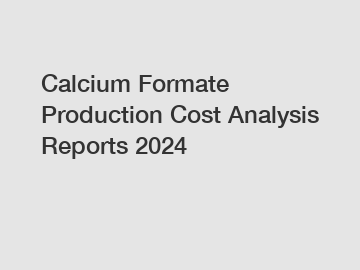
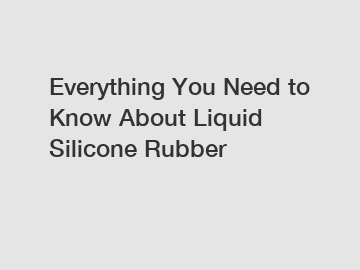
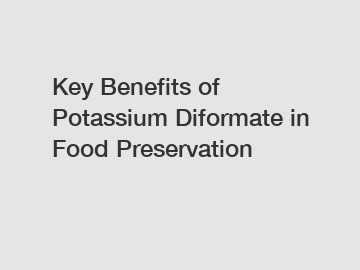
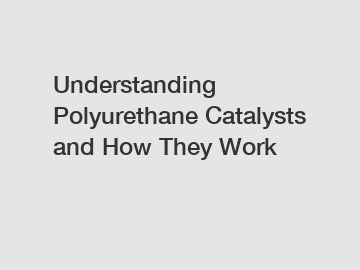
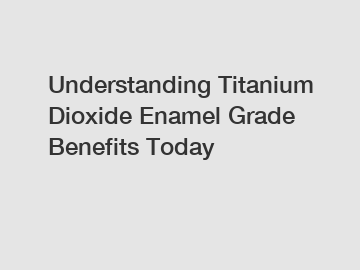
Comments
All Comments (0)